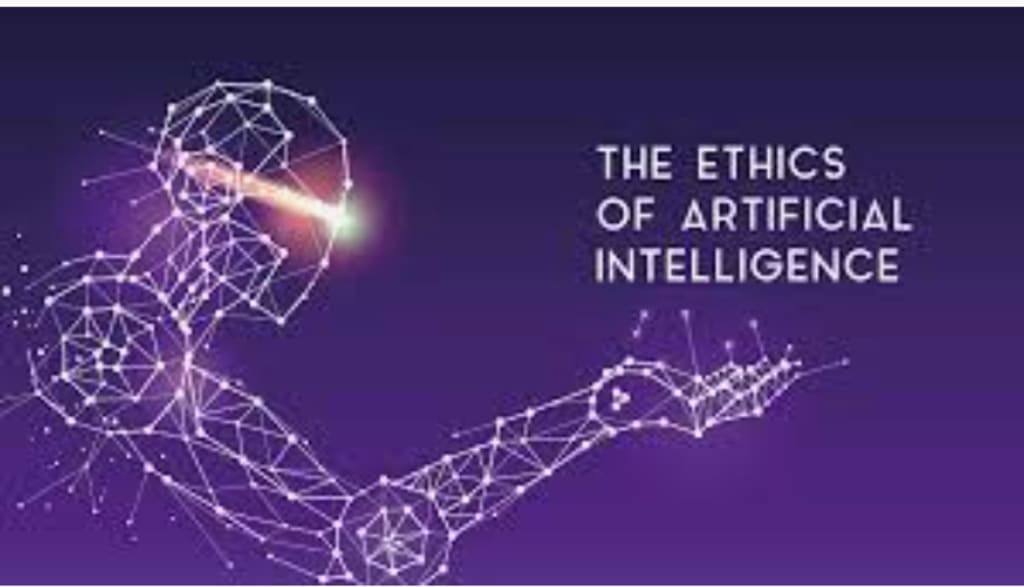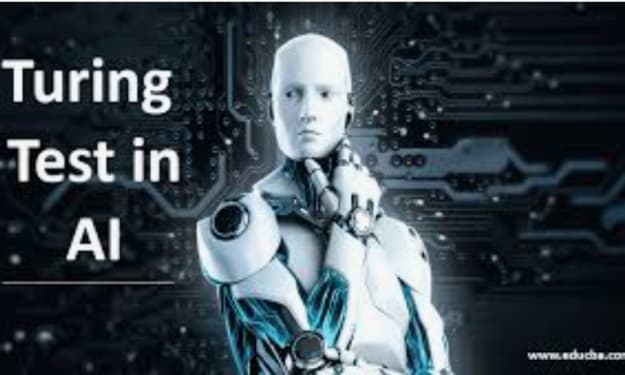A Closer Look at AI Ethics: Bias, Privacy, and Jobs
AI and Bias: An Unintended Consequence

Artificial Intelligence (AI) has rapidly permeated numerous facets of our lives. From personalized recommendations on streaming platforms to autonomous vehicles and healthcare diagnostics, AI's influence is ever-growing. However, along with these advancements, there are concerns surrounding the ethical implications of AI, notably the issues of bias, privacy, and impact on jobs. This article delves into these pivotal aspects, highlighting the significance of ethical considerations in AI deployment.
AI and Bias: An Unintended Consequence
One of the most contentious ethical issues surrounding AI is bias. AI algorithms learn from the data they are trained on. If this data contains human biases, these prejudices can become embedded in the AI systems, leading to discriminatory outcomes. For instance, a hiring algorithm trained on data from a company where men have traditionally held leadership roles might inadvertently disadvantage female candidates.
Addressing bias in AI is not just about fairness but also about ensuring the accuracy and reliability of AI systems. A biased AI can lead to flawed decisions, from misdiagnosing a patient to denying someone a loan unfairly. Thus, it's crucial to invest in developing techniques for bias detection and mitigation, and ensure diversity in teams developing AI algorithms.
Privacy Concerns in the AI Era
With AI systems often requiring vast amounts of data to function effectively, privacy concerns have come to the forefront. AI's ability to collect, process, and learn from data can lead to invasive insights into individuals' lives. Furthermore, with the rise of facial recognition and predictive policing, there are fears about AI's potential misuse in surveillance and social control.
To address privacy issues, it's critical to implement robust data governance practices, including clear policies on data collection, storage, and use. Transparency about how AI systems use data, and giving users control over their data, are also key. Additionally, technologies like differential privacy can help use data to train AI while protecting individual privacy.
AI's Impact on Jobs: A Double-Edged Sword
AI's potential to automate tasks has led to concerns about job displacement. Research suggests that up to 47% of jobs in the US are at risk of being automated. Particularly vulnerable are jobs involving routine tasks, such as manufacturing and truck driving.
However, it's important to remember that while AI can replace certain jobs, it can also create new ones. Just as the internet era brought forth jobs in web development and digital marketing, the AI era is likely to create roles we can't even envision yet. Moreover, AI can automate mundane tasks, freeing humans to engage in more creative and strategic work.
Nonetheless, the transition may be challenging, especially for those in jobs at risk of automation. Therefore, it's essential for businesses, educators, and policymakers to focus on reskilling and lifelong learning, preparing the workforce for the jobs of the future.
The Path Forward
While the ethical challenges surrounding AI – bias, privacy, and job displacement – are complex, they are not insurmountable. Addressing them requires a multi-faceted approach that involves technical advancements, regulatory measures, and societal dialogue.
As we continue to integrate AI into our lives, it's crucial to foster an ongoing conversation about AI ethics. Involving diverse stakeholders – from technologists and ethicists to policymakers and citizens – will ensure we consider multiple perspectives and make balanced decisions.
In conclusion, ethical considerations must be at the forefront as we navigate the AI revolution. By doing so, we can harness the potential of AI while mitigating its risks, steering towards a future where AI serves the common good. AI is not just a technological issue but a societal one. By considering AI ethics, we can ensure that the AI-enabled future is one that benefits all of humanity.
About the Creator
Geoffrey Muriuki
Geoff is a tech enthusiast with interest in the transformative powers of Artificial Intelligence and blockchain. He strives to demystify the world of AI and blockchain. He believes in the potential of technology to shape a better future.





Comments
There are no comments for this story
Be the first to respond and start the conversation.